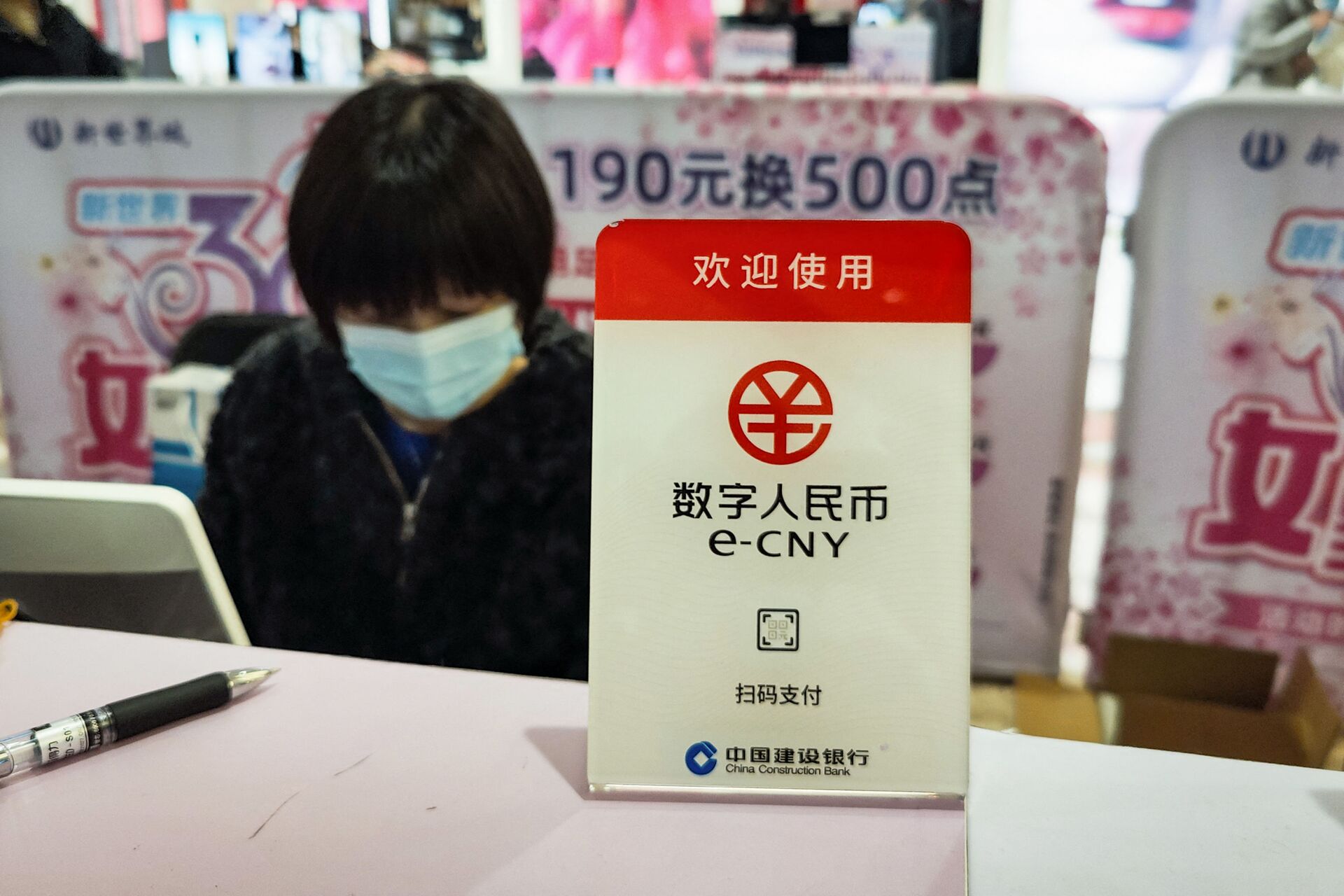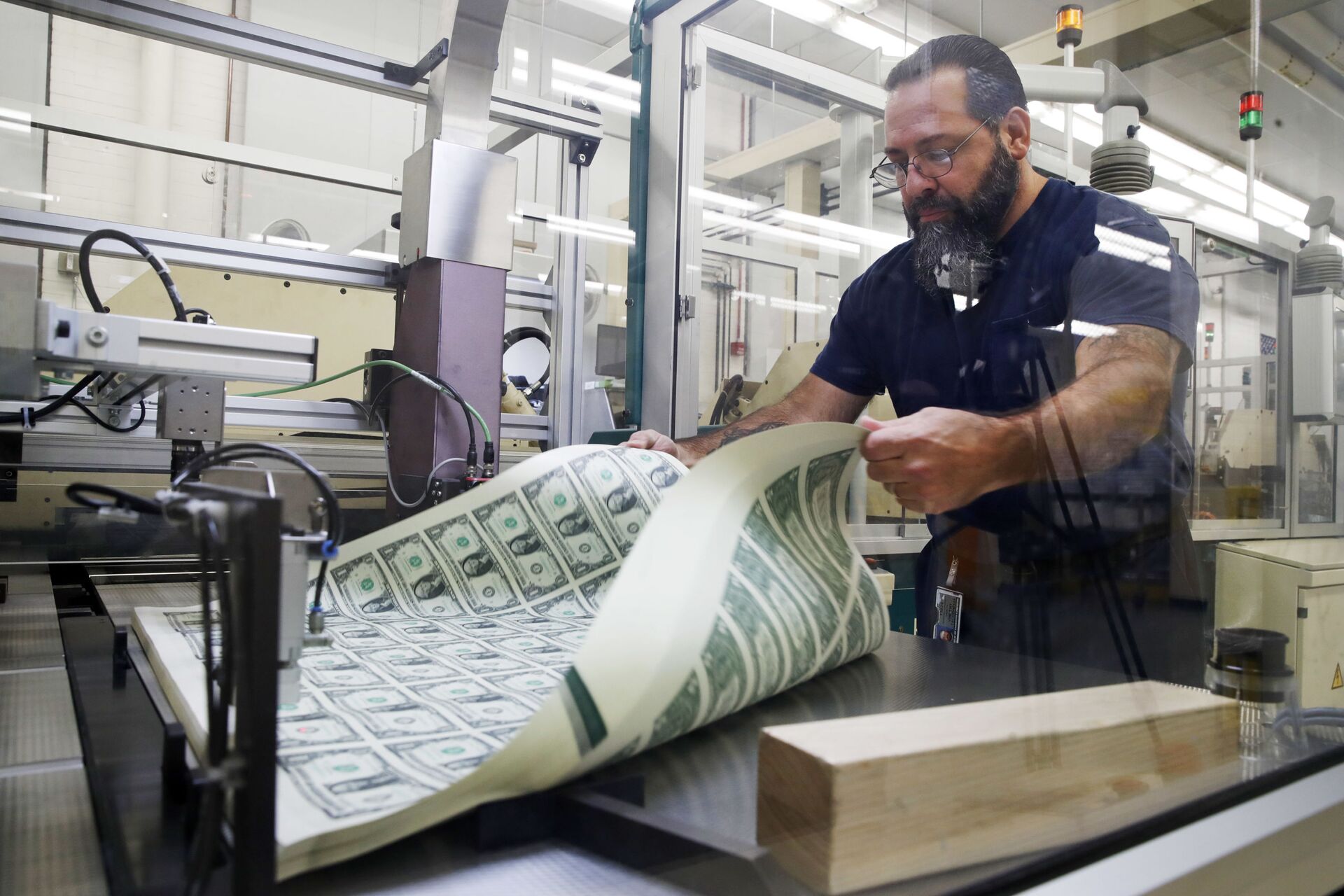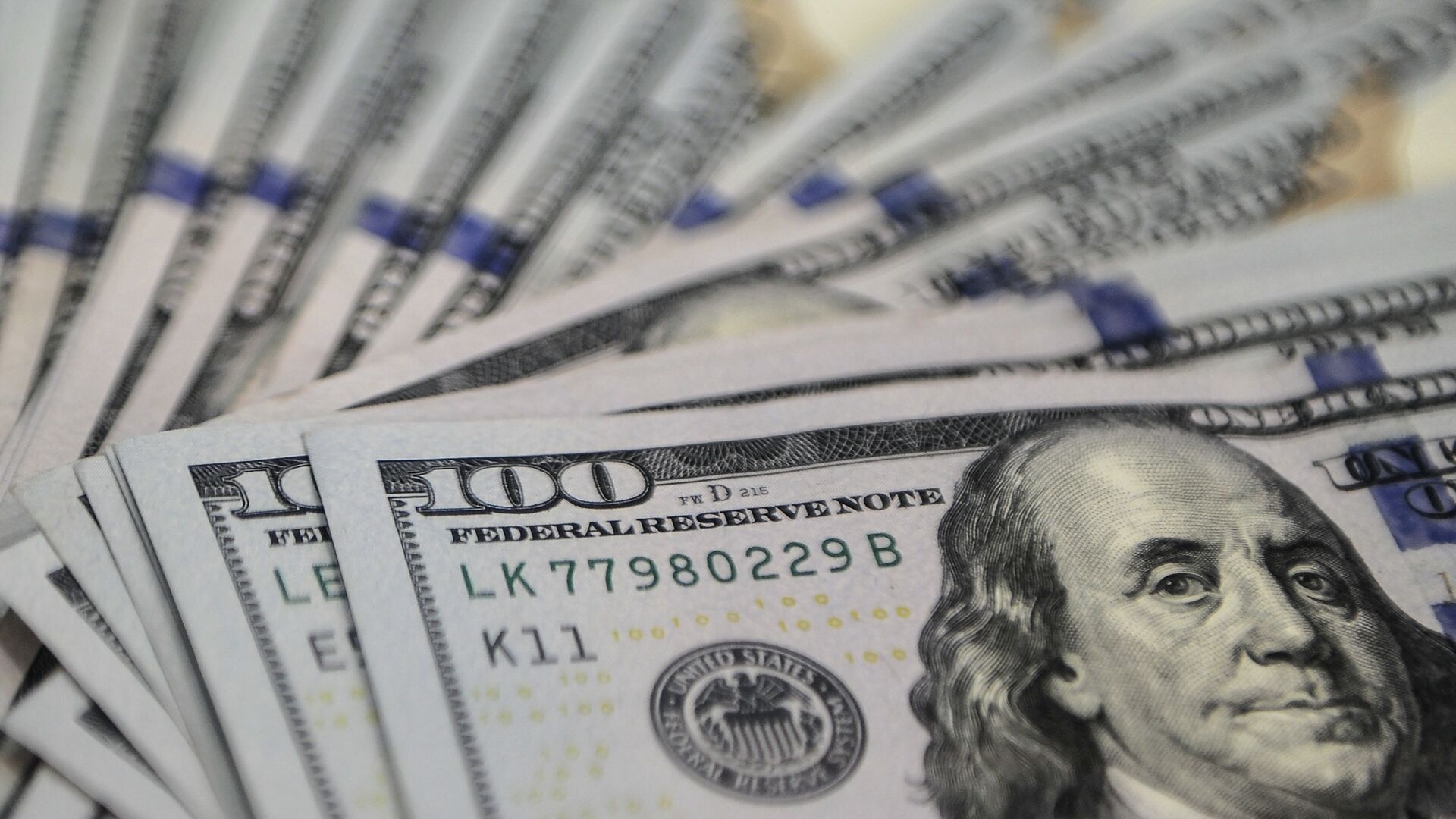The increasing popularity of crypto-currencies and Facebook's attempt to push forward with its stablecoin Libra two years ago are an apparent wake-up call to for the world's major central banks, which are now exploring the possibility of issuing a digital version of fiat money.
Digital Yuan
China is first major economy to launch its own digital currency as a convenient and reliable means of payment for internal use and cross-border trade. "A thousand years ago, when money meant coins, China invented paper currency," notes The Wall Street Journal. "Now the Chinese government is minting cash digitally."
The People's Republic has been testing its digital currencies in several cities, including Shenzhen, Suzhou, Chengdu, and Xiongan, a satellite city of Beijing, since 2020. The digital yuan pilot is going well, according to People's Bank of China Deputy Governor Li Bo, who suggested that the new means of payment could be used by foreign athletes and visitors during the 2022 Winter Olympics in China.
Beijing denies planning to dethrone the greenback: as Bo told the press on 18 April that efforts to create a digital yuan are largely aimed at meeting domestic needs. "I think our goal is to allow the market to choose, to facilitate international trade and investment," he remarked at last Sunday's Boao forum.

Digital Euro
It appears that the EU doesn't want to lag behind the Asian giant: between 12 October 2020 and 12 January 2021, the European Central Bank (ECB) held a public consultation across the bloc over the creation of a "digital euro."
The results were presented on 14 April and indicated that privacy is considered the most important feature of a digital currency. The respondents also cited security, instant cross-border payments, higher transparency of exchange rates, absence of additional costs, and offline usability as arguments in favour of launching the new means of payment.
Nevertheless, President of the European Central Bank Christine Lagarde has already poured some cold water on the idea, stressing that it would take at least four years to roll out the digital euro.
Privacy is the most important feature of a #digitaleuro for both citizens and professionals, with security and the ability to pay across the euro area close behind. Respondents want innovative services integrated into existing payment systems. pic.twitter.com/4isT5AcL9c
— European Central Bank (@ecb) April 14, 2021
"Britcoin"
The UK Treasury and Bank of England (BoE) have also recently joined the global trend by creating a joint task force to explore the possibility of launching a new "Britcoin." The British government will also establish two new forums to engage technical experts and key stakeholders including financial institutions, merchants, business users, civil society groups, and consumers in the process.
"The UK is already known for being at the forefront of innovation, but we need to go further," Chancellor of the Exchequer Rishi Sunak's official statement reads. "If we can capture the extraordinary potential of technology, we’ll cement the UK’s position as the world’s pre-eminent financial centre."
Britcoin? #UKFW21 https://t.co/Slk5lwUvrV
— Rishi Sunak (@RishiSunak) April 19, 2021
It's not only China, the EU and UK looking into a digital form of fiat money; Venezuela kicked off the digital "Petro" backed by oil reserves in 2018; the Bahamas launched the "Sand Dollar," in 2020; Brazil is signalling that the "digital Real" may enter circulation in 2022, while Sweden is road-testing its own "e-krona."

Is the US Ready to Launch "Fedcoin"?
But what about the US Federal Reserve? Obviously, the American central bank has also been weighing up the pros and cons of jumping on the CBDC bandwagon and introducing a "Fedcoin" since 2017. However, it's not rushing to embrace a digital dollar.
"We don’t need to rush this project, and we don’t need to be first to market," Federal Reserve Chairman Jerome Powell said on 22 March during a discussion hosted by the Bank for International Settlements.
Before adopting a digital greenback, the Federal Reserve would need a nod from the US Congress, the federal administration and the public, Powell underscored. According to Powell, many Americans are "attached to old-school paper money."
"The real threshold question for us is does the public want or need a new digital form of central bank money to complement what is already a highly efficient, reliable and innovative payments arena and system," he insisted.
Still, it appears that a Fedcoin could make the lives of ordinary Americans easier by speeding up real-time payments, extending access to the financial system for those without bank accounts, bringing the Fed's monetary policy interest rate changes directly to the consumer level avoiding costly services by financial intermediaries, and providing quicker access to government stimulus payments, according to The Wall Street Journal.
However, it appears that it's not so much the Americans' commitment to paper money that causes the Fed's hesitance: Wall Street, big banks, credit card companies, and digital payments processors are "not thrilled" by the digital dollar idea, according to Bloomberg. Financial firms are presently lobbying the Fed and Congress to slow the digital greenback creation or at least ensure they’re not cut out, the media outlet notes.
"Seeing the threat to their profits, the banks’ main trade group has told Congress a digital dollar isn’t needed, while payment companies like Visa Inc. and Mastercard Inc. are trying to work with central banks to make sure the new currencies can be used on their networks," Bloomberg stresses.
Michael B. Greenwald and Josh Lipsky argue that America must embrace a digital dollar before the #Beijing2022 Olympics and outline five policy steps Washington can take to ensure its successful rollout. Click the link to learn more!https://t.co/Xc7OBv9DEV pic.twitter.com/jpSIIsX8yl
— CFTNI (@CFTNI) March 24, 2021
Still, financial experts admit that "the fire has bit lit" and the world is moving quickly on implementing digital currency projects, which means that the US financial industry will have to catch up.




